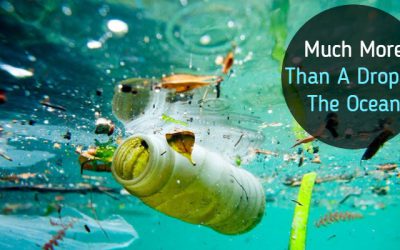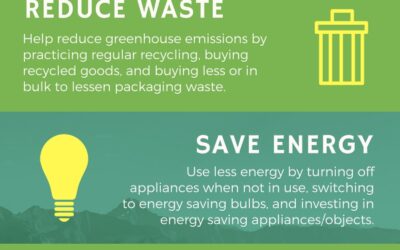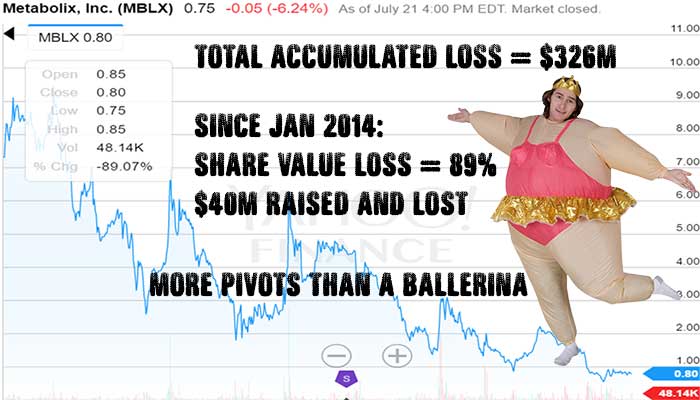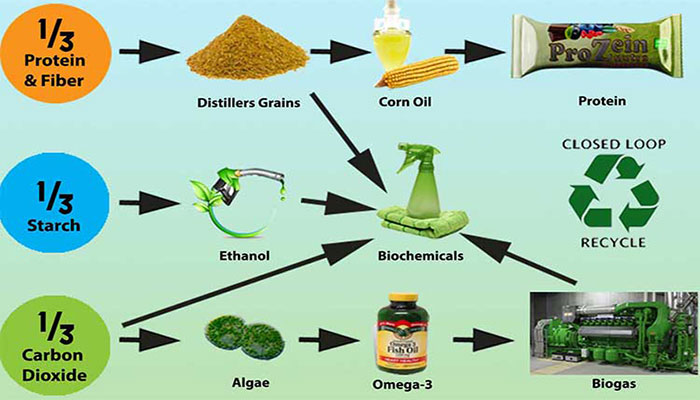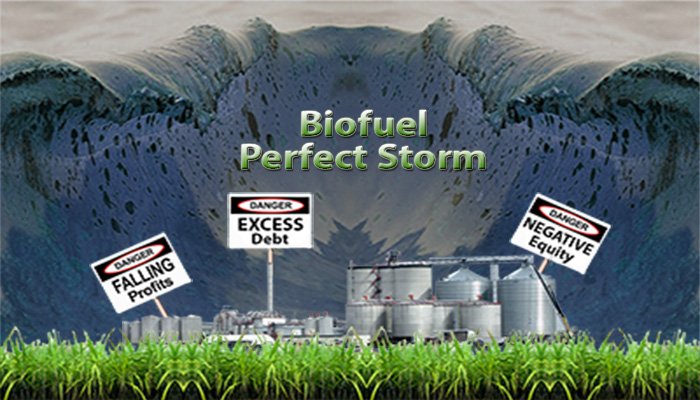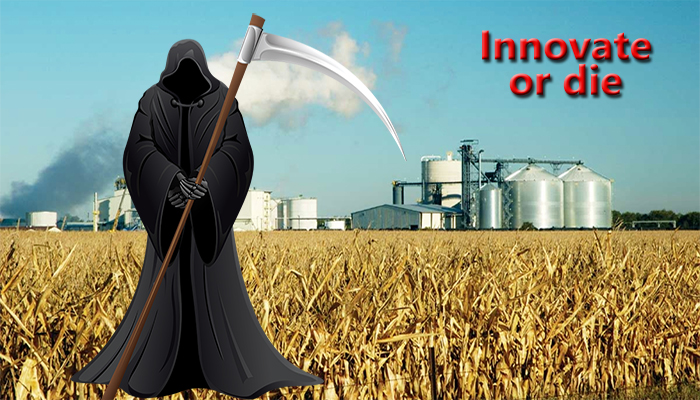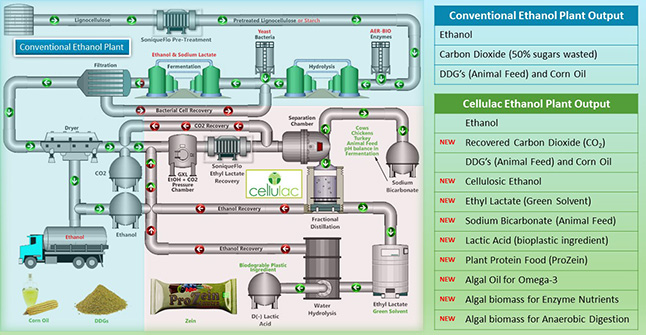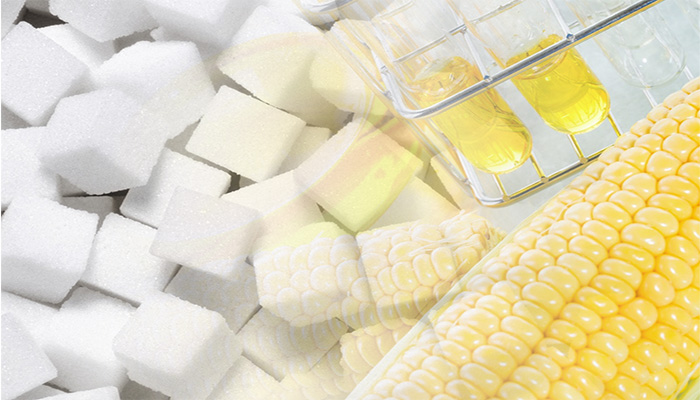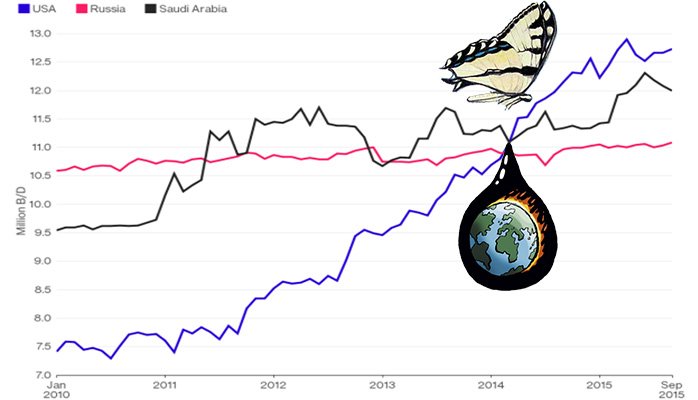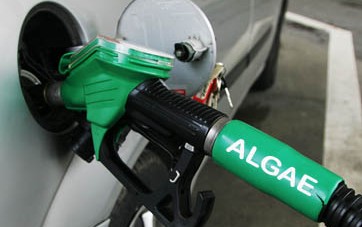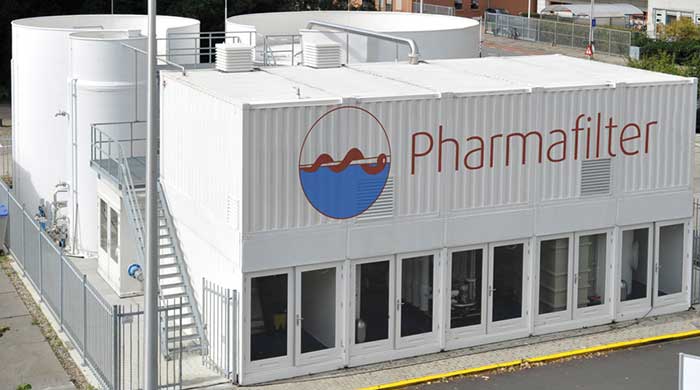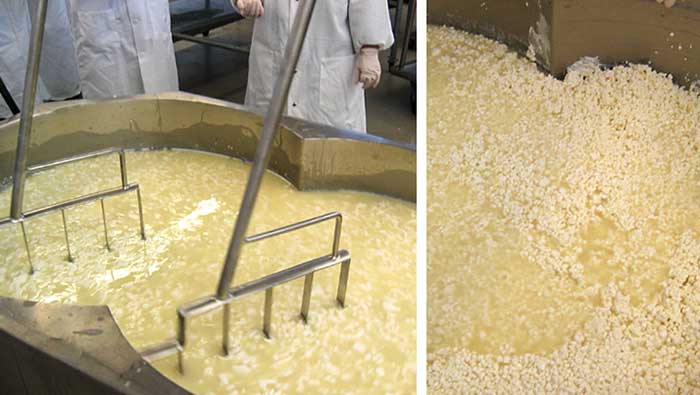Have We Reached Peak Bio-fuel?
Is there really an energy security risk?
Former NATO Secretary General Anders Fogh Rasmussen is calling on Europe to increase the production of biofuels from an energy security perspective because of geopolitical risks. This is a tough ask if such increase in supply levels of 1st generation feedstock for fuel runs counter to the need to provide food security with an ever-increasing population.
Do we have any land left to grow food?
According to the “Global biofuel production, 1980–2013” U.S. Energy Information Administration, in 2011 the world production of ethanol was 545 billion gallons of which the US produced 61% and Brazil produced 26%. For biodiesel was 147 billion gallons. The EU accounted for 44%, the US 16% and Brazil had 11%.
The USDA reported that the growth of biofuel production between 2001 when 7% of the US corn crop was used for Ethanol production rose to 45% by 2013. US Soybean use for biodiesel rose from 2007 at 14% to 30% by 2013. The key reasons for biofuel production are mainly due to subsidies and fuel mandates. However, by 2013 the blending limits for ethanol in gasoline had reached its peak requiring an amendment to fuel mandates in blending ratios of ethanol to gasoline to increase production.
In Europe, where the vast majority of ethanol is produced from wheat, the EU 2020 targets require that 10% of transportation should be from biofuels. Adding to the restriction is that these targets have to be met with no more than 7% of the land, where currently as much as 5% is already being used for growing feedstocks for biofuel production. There are many opinions on the sustainability of biofuel production, from my own perspective in a recent article (“Biofuel, even cellulosic ethanol, is wasteful“) or on the use of land relating to the term “Peak Soil”.
Where has all the food gone?
There is substantial evidence that the increase in biofuel production over the last 10 years has resulted in an increase in volatility of the price of food. Subsidies and minimum fuel mandates that lead to any further growth in biofuel production in Europe, or any of the OECD countries, as suggested by Anders Rasmussen, for first-generation biofuels will likely contribute to food insecurity of consumers of food in low-income countries.
Therefore, if public assistance is provided to promote first-generation biofuel production for the purpose of energy security or reducing greenhouse gas emissions, an impact assessment should be undertaken where such policies impose upon food security. The short and long-term implications of such policies on the undernourished and the vulnerable must be explicitly considered in any policy evaluations of their costs and benefits.
Where else can they go?
There is a risk that negative effects of any growth in biofuel production will add to an increase of economic migration. With the potential of as many as 8 to 10 million migrants moving into Europe due to food price volatility that may not only affect low-income countries.
[TheChamp-FB-Comments style=”background-color:#f7f7f7;” title=”Leave a Comment”]
Integumen License Ageement
Today, Cellulac announces that it has signed Heads of Terms to enter into a commercial technology agreement with Integumen (LSE: SKIN). In addition, Integumen has conditionally agreed to acquire 9.35% of the issued shares of Cellulac. Gerard Brandon and Camillus...
What are you doing about ocean pollution?
To many people watching Sky News and their #OceanFree Campaign, you would think that removing plastic from the oceans will be enough to resolve the problem. Sadly, this is not the case. The oceans ability to provide food from fisheries and aquaculture is...
Climate Change Our Bit Infographic
[TheChamp-FB-Comments style="background-color:#f7f7f7;" title="Leave a Comment"]
Biomassive Revolution
It's just not your fault What if I were to tell you that it is not your fault that the seas are polluted with plastic that the fish and whales are consuming? In the same way, I can say that it is not your fault that over-fishing is destroying future fish...
Daring to Dream Big
The definition of insanity is doing the same thing over and over again and expecting a different result - Albert Einstein Another 300 million tonnes of plastic every year Since World War II we have consumed 5 billion tonnes of plastic, much of which has ended...
Low Energy Microalgae to Biofuel at Commercial Scale
Food and Fuel for the 21st Century Microalgae have come to the attention of the industrial and academic community over recent years because of their ability to harvest the energy of the sun and provide valuable molecules that offer great potential to provide...
Cellulac Formally Requests Metabolix Shareholders to Consider Merger Proposal
Cellulac merger proposal to Metabolix worth $40m in assets and offtake agreement of $38m rejected in favor of closing biopolymer business and spending $35m over 7 years on crop science project with no revenue. DEAR METABOLIX SHAREHOLDERS London, UK. 25th...
Extracting real value from the Ethanol Industry
Hybrid Solutions There is no need to reinvent a billion dollar wheel of bio-industrial experimental development. True value can be extracted and integrated as hybrid synergistic solutions from the best-in-class of what already exists. Over the last 10...
Biofuels Perfect Storm
Biofuels Perfect Storm Since August 2015, ethanol has traded at a premium to gasoline which is unusual by historical standards. This is likely to continue until oil prices rebound into the $45-50 per barrel range. Even with this situation, 2015 ethanol...
Ethanol Industry is not too big to Fail
Phonetically speaking we know the two things that are guaranteed are death and taxes. However debt can be the precursor to death for not just companies, but industries. The ethanol industry, reading through the last 2 years of SEC filings by ADM, indicate that...
High Corn Crush Margin Ethanol Plant Solution
The ethanol industry has only been around for the last few of decades, though in its present state it takes centuries of fermentation knowledge to achieve the same output of ethyl alcohol (ethanol).Today, there are by-products or side-streams, such as distilled...
Corny Problem for EU Sugar Producers
The abolition of sugar quotas in 2017 will have such a profound effect on EU sugar producers, used to super profits under the EU supported Common Agricultural Policy (CAP), that many smaller producers will be subject to consolidation or have to cease...
Big Oil Can’t Alter Climate Change
In a recent major MIT Study (Covert, Thomas, Michael Greenstone, and Christopher R. Knittel. 2016. "Will We Ever Stop Using Fossil Fuels?" Journal of Economic Perspectives, 30(1): 117-38. ) it was shown that approximately 65 percent of global greenhouse gas...
Butterfly Effect of Oil Price on Renewables
The butterfly effect is a concept that small causes can have large effects. Initially, it was used with weather prediction but later the term became a metaphor used in and out of science. Now it can easily be related to a single decision made by a Saudi Oil...
Cellulac Acquires Aer Sustainable Energy (Aer-Bio)
10 fold saving in enzymes, 4 fold increase in algae oils within 2 hours reducing the process costs of Omega-3, animal feed and biofuels Dublin, Ireland, 18th May 2015: Cellulac, the industrial biochemicals company, today announces the acquisition of Aer...
5 year, €35m Pharmafilter Partnership with Cellulac
Partnership delivers 2nd generation bioplastics supply chain solution for hospitals Dundalk, Ireland and Amsterdam, The Netherlands, 30th March 2015: Cellulac, the industrial biochemicals company, and Pharmafilter, a provider of integrated waste management...
Lactic Acid from Lactose Whey in World First Continuous Production runs
Cambridge, UK. 19 May 2014: Cellulac, the industrial biochemicals company is delighted to announce the world’s first ever industrial level continuous production of lactic acid from deproteinized lactose whey. Our 10 day production run concluded this week and...
Cellulac to Acquire Patent Portfolio and Industrial Biochemical Equipment from Pursuit Dynamics PLC
Cellulac Limited, the industrial biochemicals company, announces the acquisition of Pursuit Marine Drive Limited, a subsidiary of Pursuit Dynamics PLC, subject to shareholder approval. The acquisition includes certain intellectual property rights, test...



